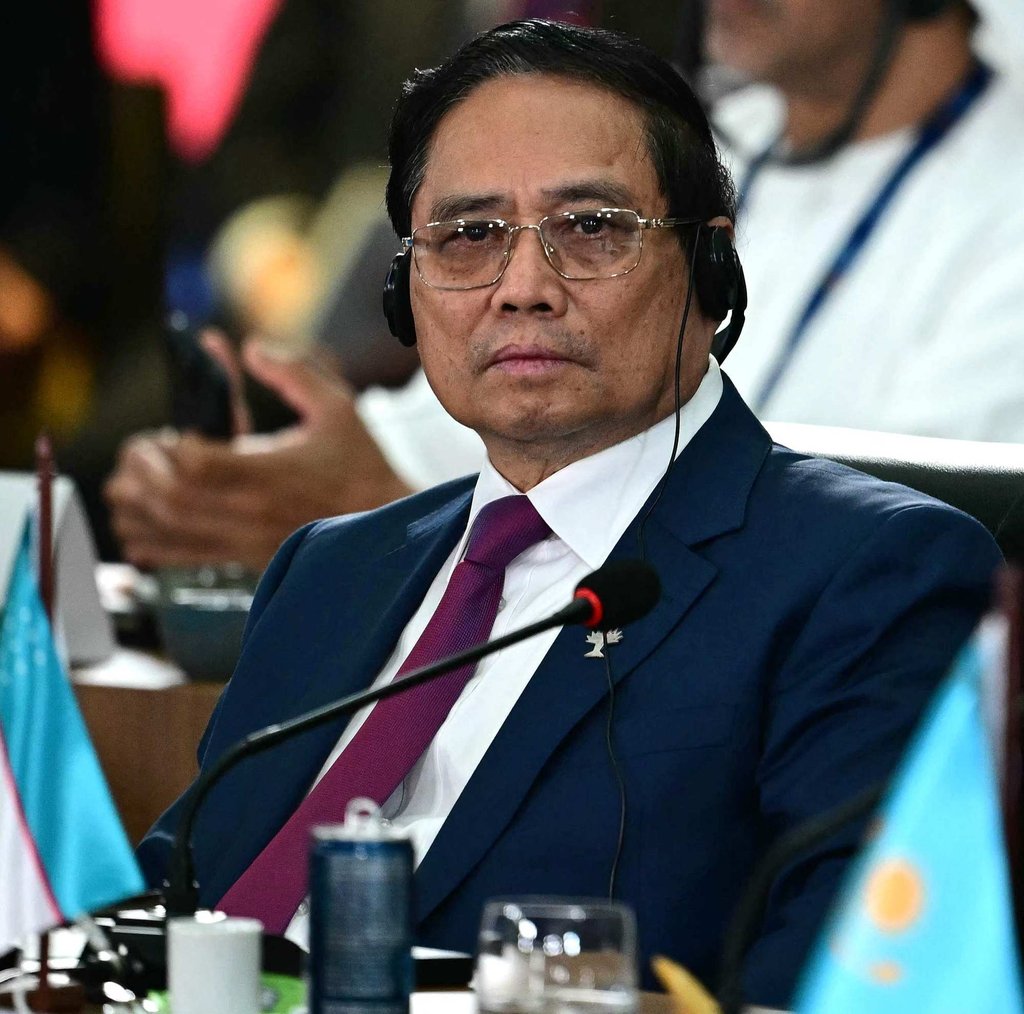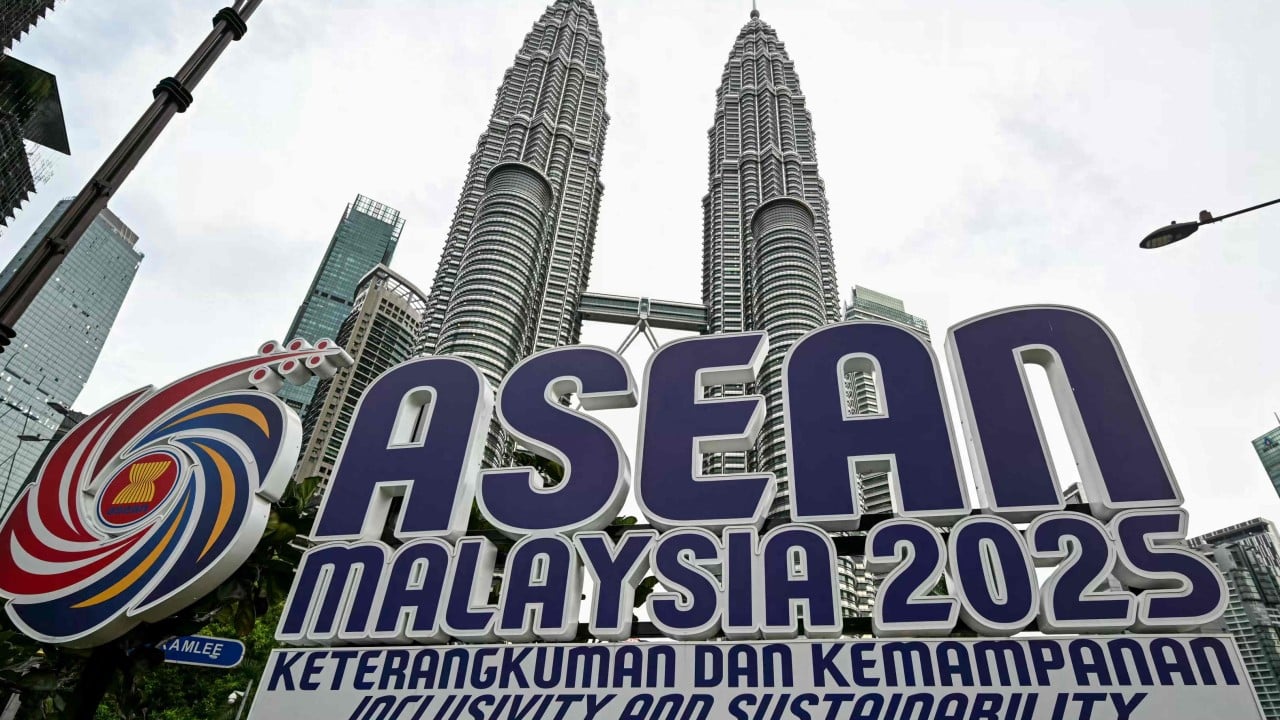Southeast Asian nations are scrambling to recalibrate their approach to US tariffs ahead of a key diplomatic gathering that starts in Kuala Lumpur on Tuesday, as Washington’s preference for one-on-one trade deals casts doubt over Asean’s collective bargaining power.
Advertisement
US President Donald Trump on Sunday announced a delay to the next round of his sweeping “Liberation Day” tariffs – pushing the deadline from July 9 to August 1 – to give time for finalising deals with 18 major trade partners, including the European Union and India.
One such agreement, struck with Vietnam last Thursday, slashed tariffs by more than half to 20 per cent in exchange for duty-free access for US exports and a hefty 40 per cent levy on goods re-exported through Vietnam’s ports from third countries.
That deal – with the US’ 10th largest trade partner – undercut the Association of Southeast Asian Nations’ earlier push for a united front in dealing with the tariff regime, observers said, leaving the rest of the bloc’s members more vulnerable to direct pressure from Washington.

“The message is clear: Asean unity will not shield members from tariffs,” said Damien Duhamel, managing partner at strategy consultancy Eurogroup Consulting.
Advertisement

